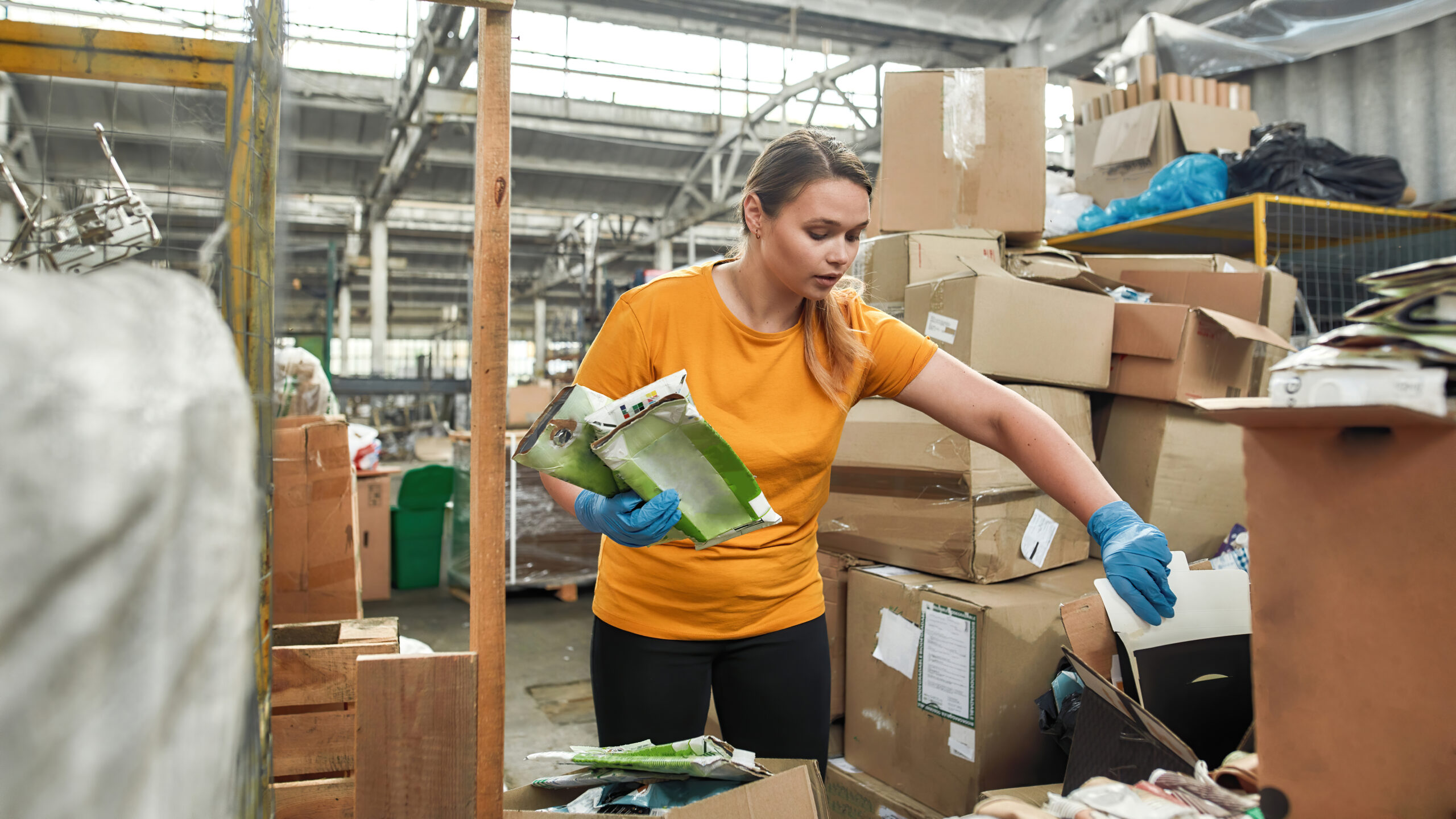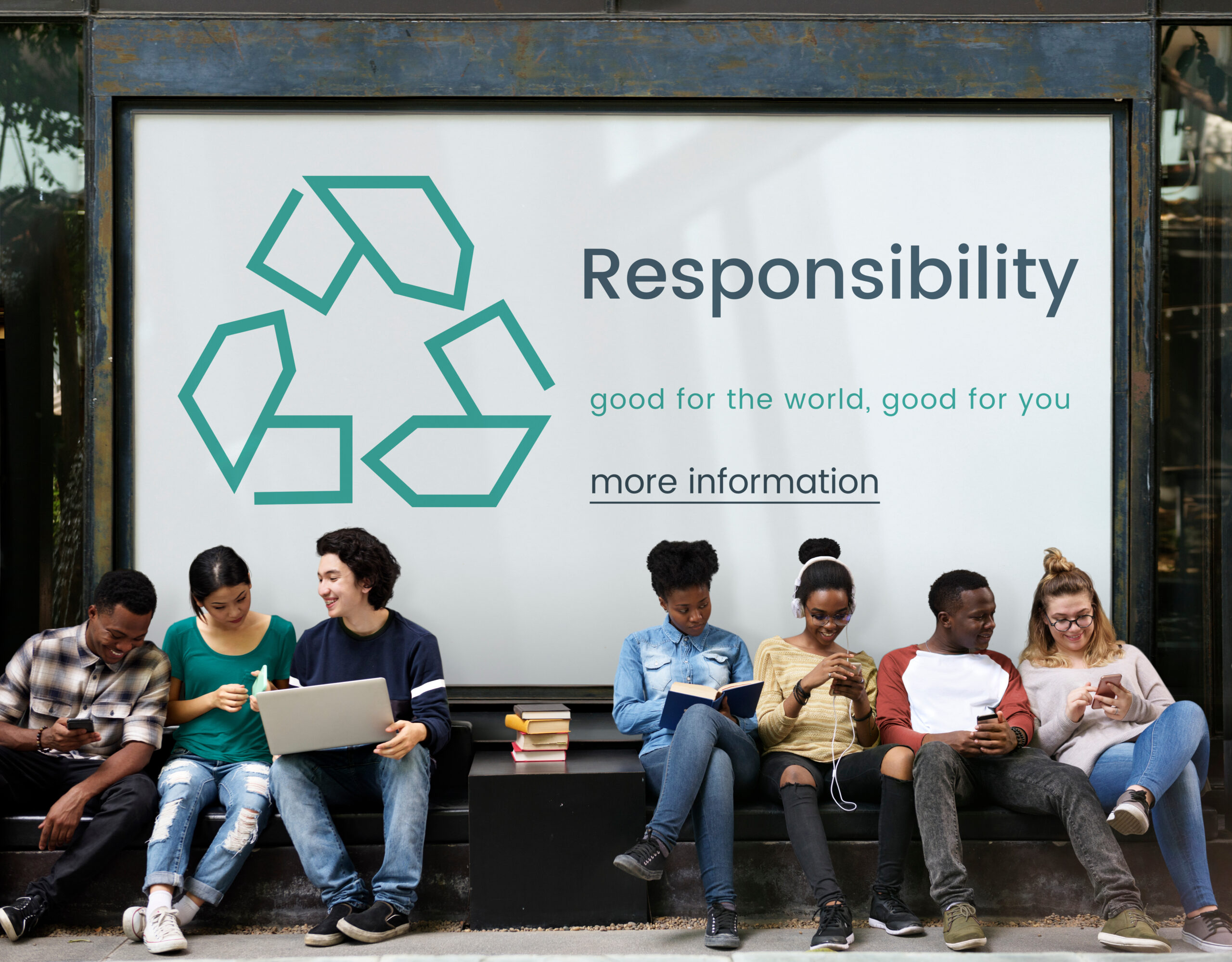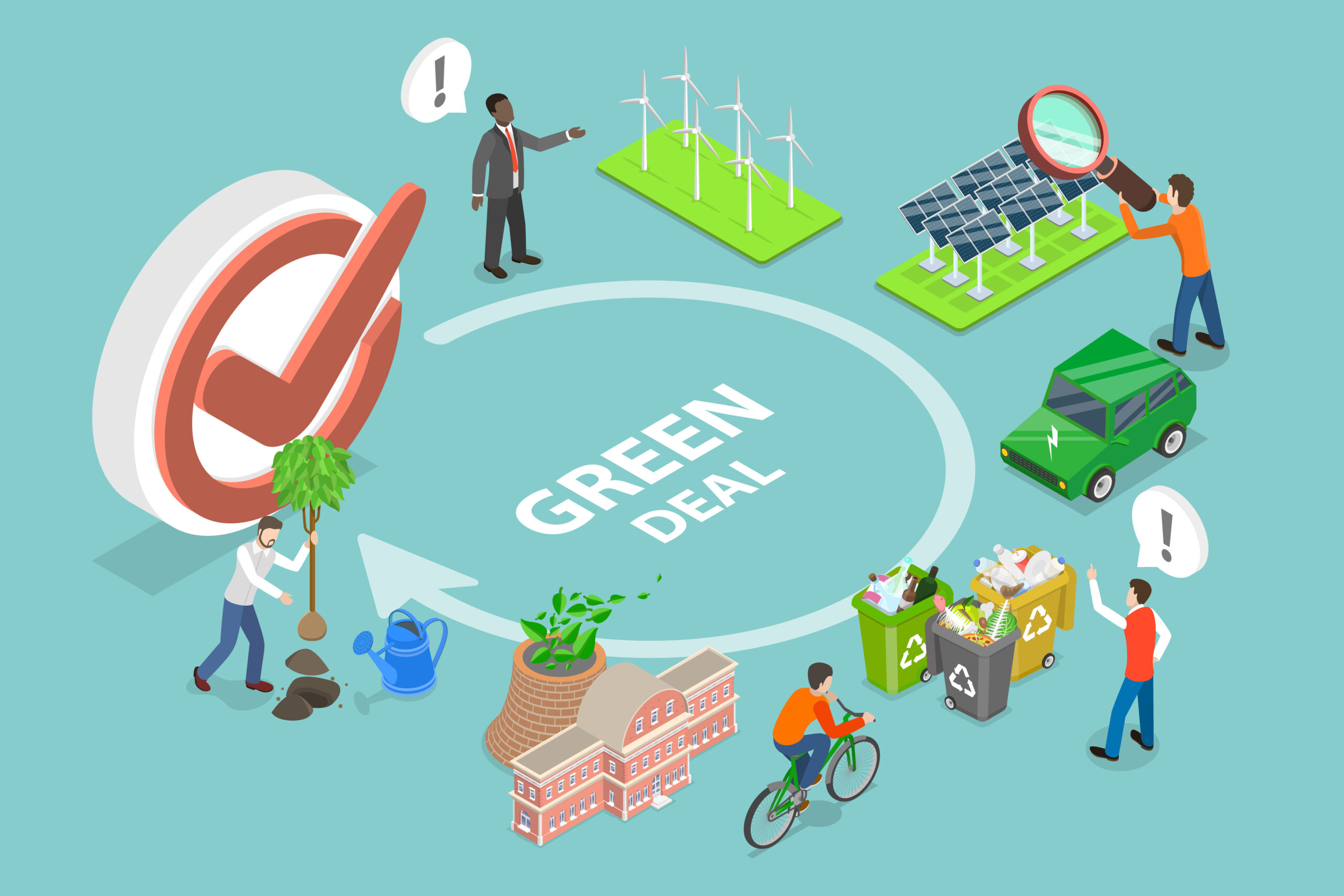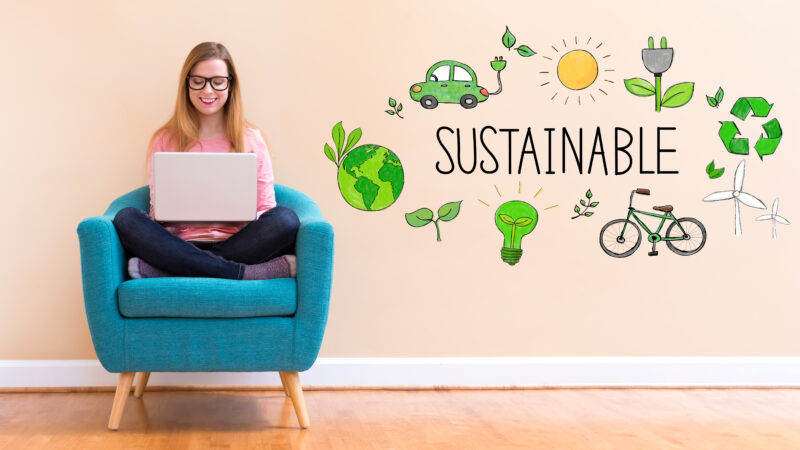Habitat Charlotte Region ReStores: Helping to Reduce Environmental Footprint
Habitat Charlotte Region ReStores are doing our part in the battle against environmental waste. ReStores offer a unique platform where donated household items and building materials are sold to the public at a fraction of the retail price. This model not only provides affordable options for home improvement but also plays a crucial role in reducing environmental impact. By diverting items from landfills and giving them a second life, ReStores are instrumental in cutting down environmental waste.
The Power of Deconstruction Services
One of the most useful services we offer at Habitat Charlotte Region ReStores is our Deconstruction Service. Unlike traditional demolition, our Deconstruction Service involves carefully dismantling structures to preserve and reclaim materials for reuse and recycling. This service is a game-changer in the realm of environmental waste disposal, as it:
- Minimizes Landfill Waste: A significant portion of building materials can be salvaged and reused, dramatically reducing the volume of waste sent to landfills.
- Conserves Resources: By reclaiming and repurposing materials, our Deconstruction team reduces the demand for new resources, thereby saving energy and reducing carbon emissions.
- Supports the Community: Reclaimed materials are sold at affordable prices, supporting home renovations and developments while fueling Habitat for Humanity’s mission to build homes, communities, and hope.
Engaging with Habitat Charlotte Region ReStores — either by donating items, shopping at our outlets, or utilizing our deconstruction services — directly contributes to reducing your environmental footprint. These actions not only promote sustainable practices but also support the broader mission of providing affordable housing solutions.
The fight against environmental waste requires collective action and conscientious choices. By understanding what environmental waste is, acknowledging the severe environmental waste problems, and actively seeking ways to reduce our environmental impact, each one of us can contribute to a healthier, more sustainable world. The initiatives by organizations like Habitat Charlotte Region ReStores exemplify the powerful impact of community-driven efforts in achieving these goals. Together, we can pave the way toward a greener, more sustainable future!








